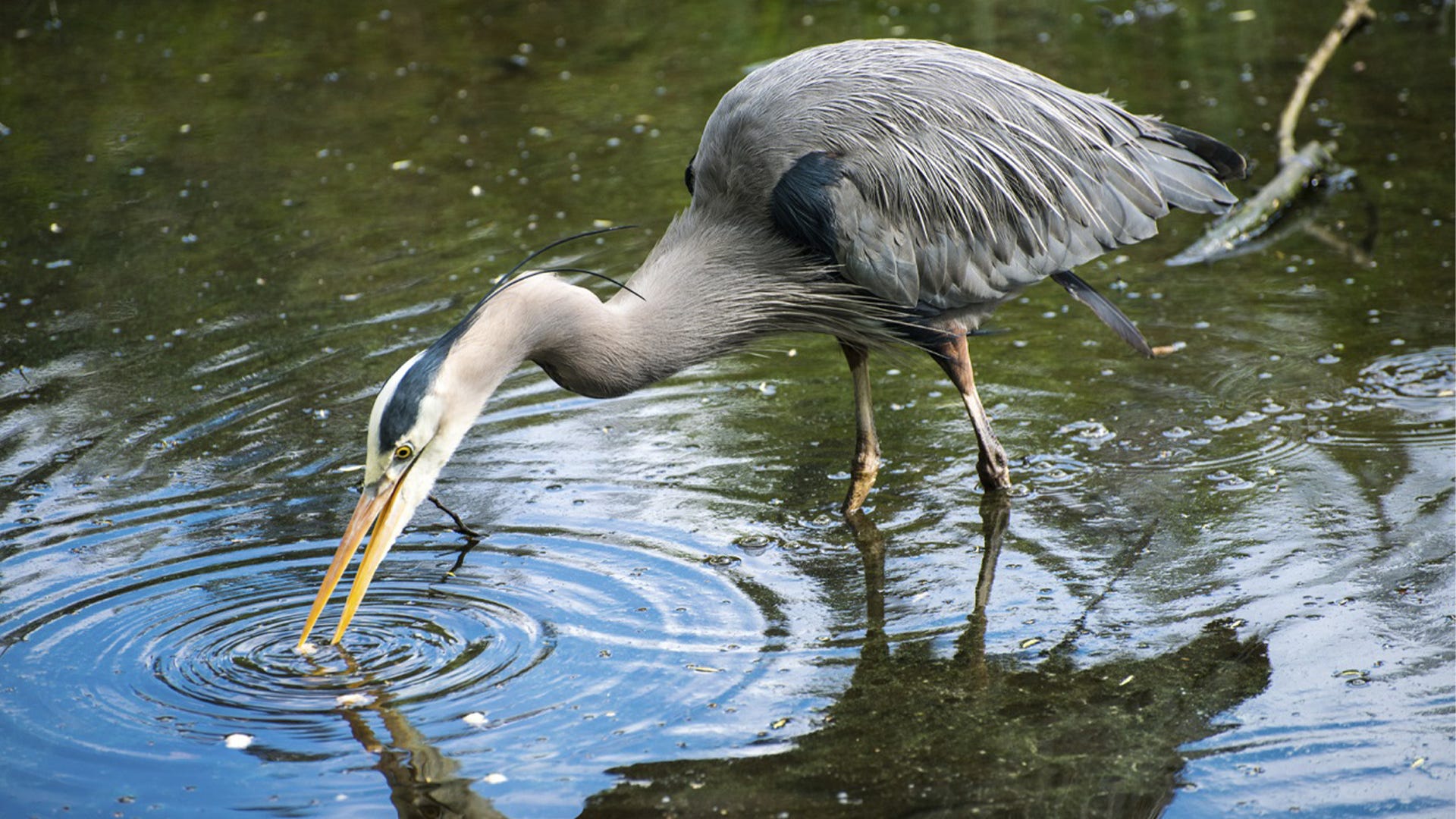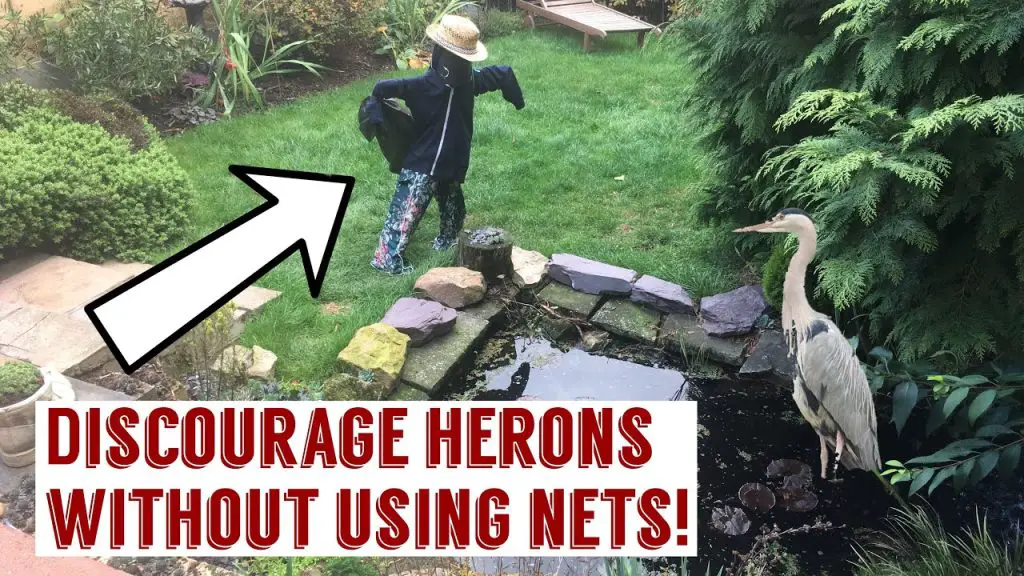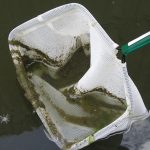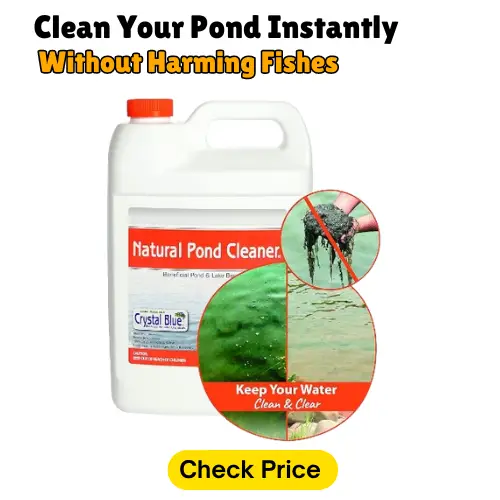Herons are majestic birds that are often admired for their beauty and grace. However, for pond owners, herons can be a nuisance as they prey on fish and can disrupt the ecosystem of the pond. In this article, we will explore various methods to keep herons away from your pond and protect your fish and plants.
1. Install a Pond Cover
One of the most effective ways to deter herons from preying on your fish is to install a pond cover. This can be a physical barrier made of netting or wire mesh that prevents herons from accessing the fish in the pond. Make sure the cover is securely fastened to prevent any gaps that herons can slip through.
2. Create a Heron-Proof Perimeter
Another method to keep herons away from your pond is to create a heron-proof perimeter around the pond. This can be achieved by installing fencing or planting dense shrubs around the pond to create a barrier that herons cannot easily penetrate. Make sure the perimeter is at least 4 feet high to deter herons from attempting to access the pond.
3. Use Motion-Activated Sprinklers
Herons are easily startled by sudden movements or noises. By installing motion-activated sprinklers around the pond, you can deter herons from approaching the area. The sudden burst of water will startle the herons and discourage them from returning to the pond.
4. Install Decoys or Scare Devices
Herons are territorial birds and will avoid areas where they feel threatened. You can use decoys such as plastic heron statues or scare devices like reflective tape or wind chimes to create a sense of danger around the pond. Move the decoys or devices regularly to maintain their effectiveness.

Credit: www.youtube.com
5. Provide Shelter for Fish
Creating shelters for your fish in the pond can also help protect them from heron attacks. Add submerged structures like caves or plants where fish can hide when they sense danger. This will make it more challenging for herons to catch the fish and may discourage them from frequenting the pond.
6. Maintain a Balanced Ecosystem
A healthy pond ecosystem with plenty of vegetation and hiding spots can make it less attractive to herons. Ensure your pond has a variety of aquatic plants, rocks, and logs to provide shelter for fish and create a natural environment that is less appealing to herons looking for an easy meal.

Credit: www.saferbrand.com
7. Avoid Feeding Herons
Feeding herons can encourage them to return to your pond for more food. Avoid leaving out scraps or intentionally feeding herons as this will only reinforce their behavior and make them more persistent in visiting your pond. By not providing food, herons are less likely to see your pond as a food source.
8. Implement a Scarecrow System
Setting up a scarecrow system near the pond can help deter herons. You can create a scarecrow with reflective materials or even use a motion-activated scarecrow that moves or makes noise when herons approach. This visual deterrent can help keep herons at bay.
9. Use Deterrent Sprays
There are commercially available deterrent sprays that are specifically designed to repel herons. These sprays emit a scent that herons find unpleasant, deterring them from coming near the pond. Follow the manufacturer’s instructions for application and reapplication to ensure effectiveness.
10. Regularly Monitor and Adjust Strategies
It’s essential to regularly monitor the effectiveness of the strategies you implement to keep herons away from your pond. Herons are intelligent birds and may adapt to certain deterrents over time. Be prepared to adjust your methods or try new approaches to ensure the protection of your fish and pond ecosystem.
By combining multiple strategies and being proactive in your approach, you can effectively keep herons away from your pond and create a safe and harmonious environment for your fish and plants to thrive.





